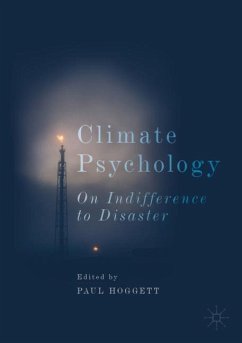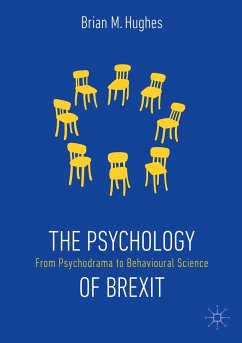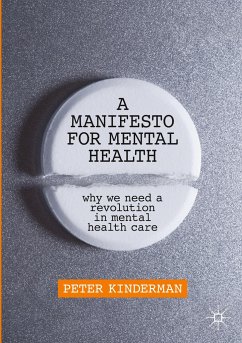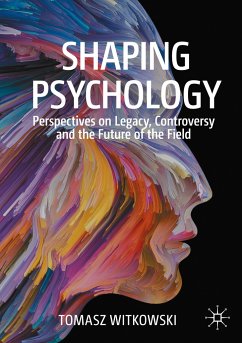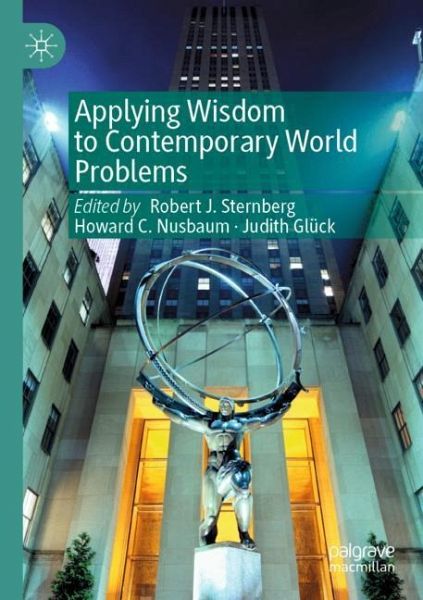
Applying Wisdom to Contemporary World Problems

PAYBACK Punkte
11 °P sammeln!
This book presents perspectives from world experts in the field of wisdom studies to propose how wisdom can provide the foundation upon which solutions to social and global problems can be grounded. The authors argue that where society has come to rely on leaders with skills relating to knowledge and intelligence; instead we should focus on wisdom-based acumen for our leaders in government, business, and the military.In this book the authors offer evidence-based definitions of wisdom and apply these to world problems they believe could potentially be solved using wise solutions. Among the case...
This book presents perspectives from world experts in the field of wisdom studies to propose how wisdom can provide the foundation upon which solutions to social and global problems can be grounded. The authors argue that where society has come to rely on leaders with skills relating to knowledge and intelligence; instead we should focus on wisdom-based acumen for our leaders in government, business, and the military.
In this book the authors offer evidence-based definitions of wisdom and apply these to world problems they believe could potentially be solved using wise solutions. Among the case studies confronted are terrorism and war, poverty and economic disparity, climate change, increasing antibiotic resistance and political corruption.
Focusing on the cognitive, social and emotional processes involved in everyday decision-making, this book presents a compelling argument for the application of wise problem-solving to complex world issues that will appeal in particular to those in leadership, teaching and policy roles, and open new pathways in the fields of wisdom-studies, psychology, sociology and political theory.
In this book the authors offer evidence-based definitions of wisdom and apply these to world problems they believe could potentially be solved using wise solutions. Among the case studies confronted are terrorism and war, poverty and economic disparity, climate change, increasing antibiotic resistance and political corruption.
Focusing on the cognitive, social and emotional processes involved in everyday decision-making, this book presents a compelling argument for the application of wise problem-solving to complex world issues that will appeal in particular to those in leadership, teaching and policy roles, and open new pathways in the fields of wisdom-studies, psychology, sociology and political theory.





